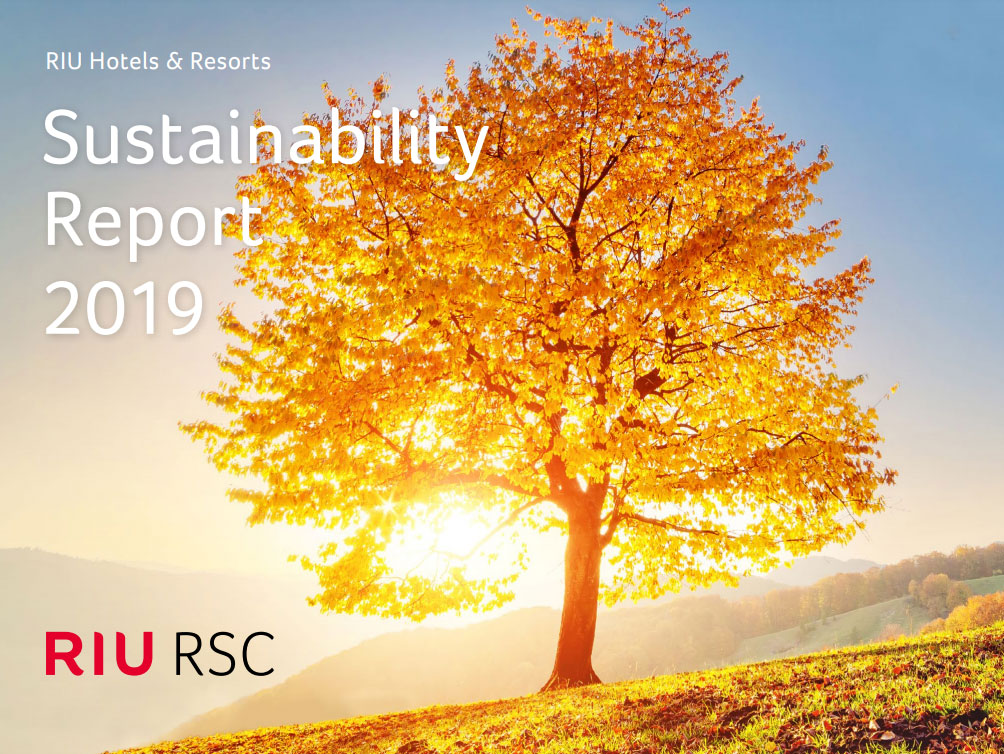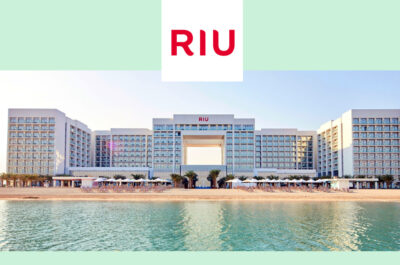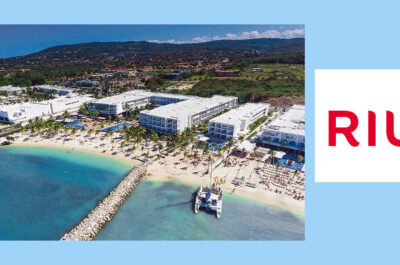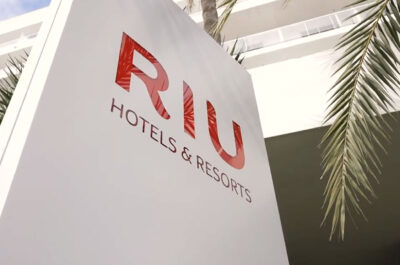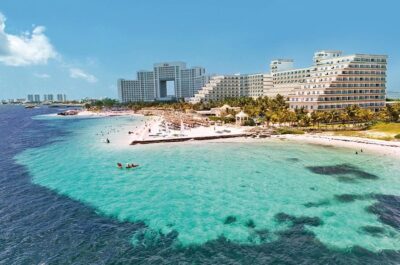The company’s Sustainability Report sets out how RIU invested 1.2 million euros compared to the 850,000 it invested in 2018. During 2020, the COVID-19 crisis has affected the company’s CSR strategy and several projects had to adapt to the new social situation.
The company RIU Hotels & Resorts announced that its social and environmental investment around the world over the past year reached 1.2 million euros, which is an increase of 41.18% on 2018. These figures are set out in the new Sustainability Report 2019, a document that, according to CEO Carmen Riu, “demonstrates that the company has left behind charity to achieve a mature identity that is bound up with corporate social responsibility.” This experience has been vital in tackling the new social situation caused by COVID-19 in relation to CSR, because many projects running this year have been affected by the crisis, and the actions they involve have had to adapt to a new social reality.
The Sustainability Report 2019 describes the company’s social innovation model, focusing on child protection, the wellbeing of the local community and its pathway towards a more environmentally responsible hospitality model. The document sets out the philosophy of the CSR team, directed by Catalina Alemany, which directs the company in its commitment to improving the social and environmental surroundings of the hotels.
To do this, they use research into the needs and problems of RIU destinations, build partnerships with representatives of each country’s associations and organisations, and set out a visit schedule consisting of internal interviews with RIU members of staff and external interviews with local agents. Once the report is complete, the projects are evaluated and the ones to support are selected. The relevant social investment is then arranged, and the impact of the action in each destination is constantly monitored.
A project based on social innovation
In 2019, the RIU Hotels CSR team applied its new social innovation model in Madrid (Spain), Mexico, USA, Cape Verde, Costa Rica, Jamaica, Tanzania and the Dominican Republic. For example, in Madrid, RIU launched a collaboration with Ayuda en Acción, in its “Espacios de Calma” project, which offers psychosocial support to primary school pupils at risk of social exclusion. It is also working with the Red Cross to support its “Primera Infancia” action aimed at vulnerable families, and with Save the Childrenin its support centre in Vallecas, which aims to boost the development of children in their early years.
It also has collaborated with the latter organisation in Mexico, to create two playrooms in Quintana Roos where children can acquire cognitive skills. In addition, in Cancún it supports Mano Amiga school with scholarships for 36 disadvantaged children.
Thanks to RIU, a paediatric clinic was launched last year in Artola in Costa Rica, which has the capacity to give preventive care to 5,000 children, and in the Dominican Republic is supports Segunda Milla school, where 400 children study. In Cape Verde RIU sponsors the Casa Solidariedade Espargos, a social centre that takes care of 200 children in order to mitigate the effects of neglect, and in Tanzania it has formed a partnership with the Mimi Na Wewe foundation, and has supported them in the expansion of several primary schools and the construction of toilets.
Another noteworthy point in 2019 was RIU’s fight against the sexual exploitation of children in tourism, which led to the chain being recognised at an international forum in Mexico run by ECPAT, the official network that fights this heinous crime around the world. Over the past year, 15,557 RIU workers underwent ECPAT training and 1,334 suppliers signed a clause that obliges them to reject the sexual exploitation of minors.
Biodiversity protection projects
With regard to environmental projects, RIU has created two partnerships in Mexico with major organisations that protect the Mexican Caribbean ecosystem. One of them is the Amigos de Sian Ka’an, with whom it sponsored the restoration of the Pez Maya Biology Station, and the other is Oceanus, a body dedicated to the conservation of natural resources and with which RIU supports the planting of 1,000 coral colonies and a coral nursery in Costa Mujeres.
Since last year, RIU has supported the Turtugaruba organisation in Aruba, which works in sea turtle conservation, whilst on the Canary Islands it continues its work with Plant-for-the-Planet to reforest 450 trees and plants, a project in which 80 members of RIU staff and their families took part.
Towards more responsible hospitality
Becoming a more environmentally sustainable hotel company is one of RIU Hotels’ most important long-term aims. To achieve this, it has implemented its 12 CSR commitments in a cross-cutting strategy that applies to corporate best practice and to sustainable measures in all its hotels. This has translated into, for example, a reduction in single-use plastics by more than 180 tonnes worldwide, a 3.67% reduction in water consumption per guest per night and a 4.38% reduction in CO2 emissions in kilos.
In Mallorca, Spain, RIU started its collaboration with the Hoteles Circulares project, with the aim of reducing, reusing and recycling as much as possible of the organic waste the hotels produce and supporting the circular economy by giving the waste to local suppliers. At the same time, 83 RIU hotels have achieved in 2019 Travelife certification, based on sustainability management, and awareness of sustainability was built among the workforce by means of 710 CSR courses with 13,799 participants. The purchasing department is also doing great environmental work by opting for biodegradable and compostable products among its bottles, packaging, bags and paper, as well as food products with environmentally responsible and animal welfare certifications.
The impact of COVID-19 on CSR
A large part of the company’s CSR actions in 2020 have been affected by the COVID-19 crisis. Some projects had to be cancelled as they were no longer viable, while others have adapted to the new social situation with very positive results. Such is the case, for example, of “Espacios de Calma” by Ayuda en Acción, which has supported 26 minors at risk of social exclusion and their families in Madrid during the course of 2019-2020. The team successfully converted face-to-face therapy into virtual spaces that offered respite to families during lockdown.
The CSR team at RIU Hotels admits that this year is posing a real challenge to the application of its social innovation, and they confirm that investment with be lower than it has been in previous years. Nonetheless, the company is counting on its own resilience and the support of its partners in the charity sector, and will focus its efforts on actions aimed at relieving the impact of COVID-19 on the destinations where its hotels are located. In this way, they hope that, together, they can get back to normal as soon as possible.
Vicky is the co-founder of TravelDailyNews Media Network where she is the Editor-in Chief. She is also responsible for the daily operation and the financial policy. She holds a Bachelor's degree in Tourism Business Administration from the Technical University of Athens and a Master in Business Administration (MBA) from the University of Wales.
She has many years of both academic and industrial experience within the travel industry. She has written/edited numerous articles in various tourism magazines.












